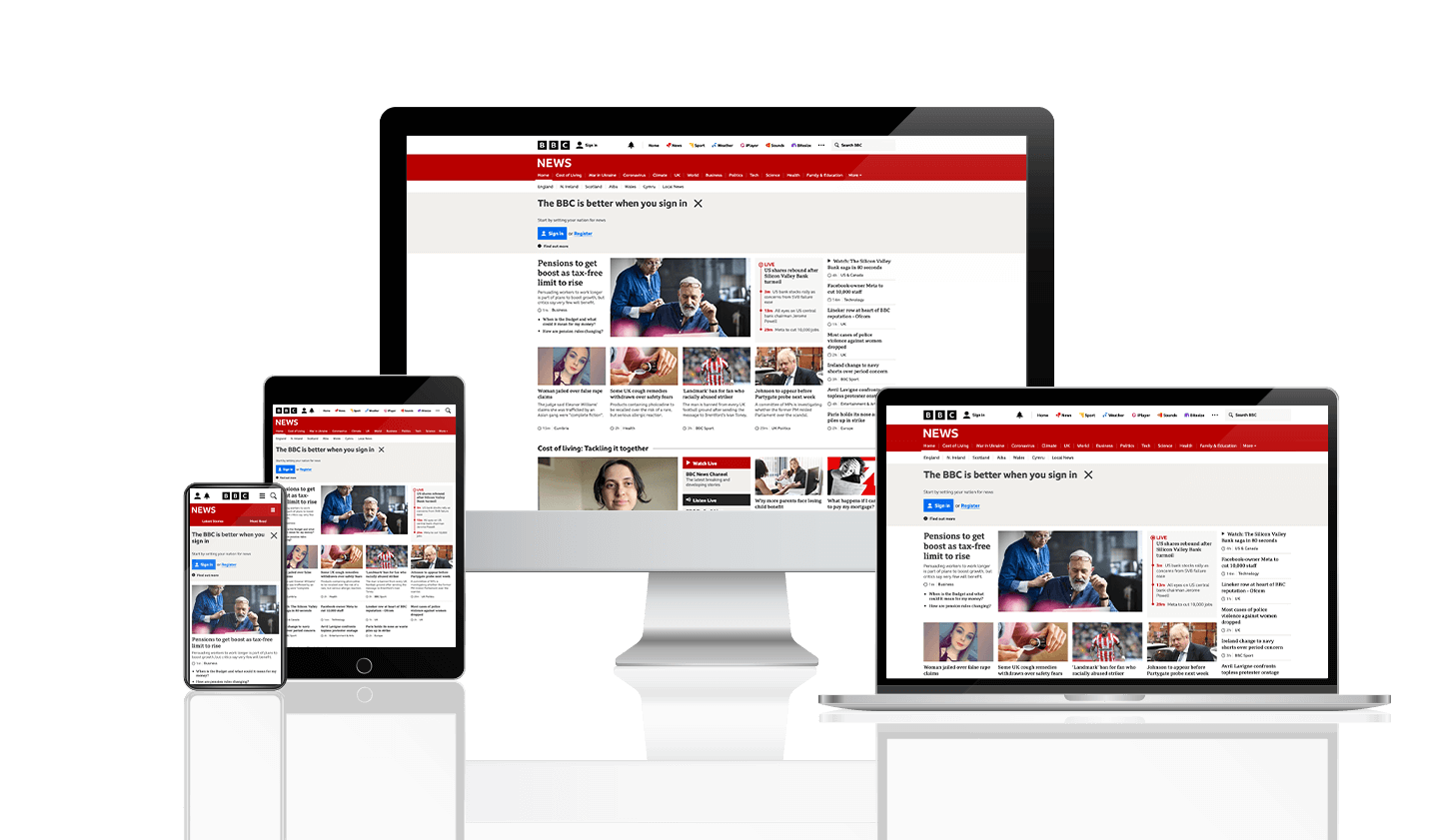The Place of stnews.live in the Social Media News Ecosystem
The Significance of Fact-Checking in the Globe of News Online
The prevalence of false information in today's on the internet news landscape has gotten to disconcerting degrees. Fact-checking organizations play a crucial role in neutralizing this pattern. They verify claims and enhance the reputation of journalism. However, the effectiveness of these companies frequently hinges on their approaches and public understanding. As target markets navigate this complex environment, the ramifications of their searchings for may form the future of news consumption and depend on. What does this mean for the honesty of info progressing?

The Increase of Misinformation in the Digital Age
Just how has the arrival of digital modern technology added to the spread of misinformation? The fast growth of the web and social networks systems has actually helped with the dissemination of information at an unprecedented pace. Customers can share articles, videos, and opinions with a plain click, usually without validating the content's precision. Formulas prioritize marvelous or emotionally charged product, causing an expansion of misleading stories that catch interest.
Additionally, the privacy afforded by digital platforms enables people to spread incorrect information without responsibility (stnews.live). Misinformation prospers in resemble chambers, where customers are subjected largely to viewpoints that strengthen their ideas, even more entrenching frauds. The saturation of details can overwhelm individuals, making it challenging to recognize trustworthy resources from unreliable ones. False information has become a prevalent issue in the digital landscape, impacting public viewpoint and depend on in reputable news resources.
The Role of Fact-Checking Organizations
Fact-checking organizations play a crucial function in boosting the reliability of journalism by validating claims made in report. Their initiatives are important in combating false information, ensuring that precise details dominates in the digital landscape. By holding media outlets answerable, these organizations add significantly to informed public discourse.
Enhancing Reliability in Journalism
While misinformation multiplies in the electronic age, fact-checking organizations play a vital duty in boosting the reliability of journalism. These companies meticulously validate claims made in news posts, public statements, and social media posts, making certain that info distributed to the public is exact and credible. By offering independent assessments, they serve as an essential source for journalists, assisting them keep high requirements of integrity. In enhancement, their initiatives promote openness in media, cultivating public trust fund. As target markets become significantly discerning, the existence of respectable fact-checking entities can distinguish trustworthy news resources from those that may spread fallacies. Eventually, the commitment of fact-checking companies to support truthfulness is important for the health and wellness of democratic discussion.
Combating False Information Successfully
As false information remains to spread swiftly throughout electronic platforms, the function of fact-checking companies ends up being progressively important in the battle for exact details. These companies function as watchdogs, looking at insurance claims made by somebodies and media electrical outlets to ensure accountability. By utilizing strenuous research techniques and specialist analysis, they verify truths and make clear misleading narratives. Their searchings for are shared via numerous channels, enlightening the general public and fostering essential thinking. On top of that, partnerships with social media platforms improve their reach, enabling for timely flagging of incorrect info. As digital literacy expands, the influence of fact-checking companies is crucial in encouraging audiences to discern truth from fraud, eventually adding to an extra enlightened society.
Just How Misinformation Affects Public Perception
False information considerably threatens trust fund in media, leading target markets to question the integrity of news sources. Therefore, individuals typically move towards electrical outlets that strengthen their existing beliefs, contributing to the polarization of point of views. This vibrant creates a fragmented information landscape, where shared comprehending becomes increasingly tough to attain.
Count on Media

Rely on media has ended up being significantly breakable in the digital age, where the rapid spread of false information can skew public understanding. As false information multiplies throughout social media sites and on-line platforms, audiences usually find it challenging to determine legitimate sources from unreliable ones. This unpredictability fosters uncertainty, leading numerous individuals to examine the objectives behind news reporting. Trust in established media electrical outlets has actually lessened, as customers progressively turn to alternate sources that may lack strenuous editorial requirements. This erosion of trust not just impacts individual ideas yet likewise undermines the cumulative capacity to involve in informed conversations. Inevitably, the integrity of journalism goes to risk, highlighting the important need for reliable fact-checking to bring back self-confidence in the media landscape.

Polarization of Viewpoints
The increasing apprehension toward standard media has added to a growing polarization of point of views among the general public. False information, usually distributed through social networks and on the internet platforms, plays a considerable function in forming unique ideological splits. Individuals often choose details that straightens with their pre-existing beliefs, reinforcing their perspectives while rejecting opposing viewpoints. This resemble chamber effect heightens divisions, causing a fragmented public discourse where consensus ends up being increasingly elusive. Additionally, sensationalized narratives flourish in this environment, further skewing public understanding and cultivating distrust in reliable sources. As polarization escalates, the need for efficient fact-checking becomes paramount to bridge gaps and advertise notified discussions, eventually guaranteeing a more natural society capable of navigating complicated concerns.
Methods for Effective Fact-Checking
Reliable fact-checking depends on an organized approach that consists of extensive research study, verification of sources, and critical analysis of insurance claims. A foundational technique is cross-referencing information from multiple credible resources to verify its precision. Fact-checkers typically make use of specialized databases and archives to map the origin of certain statements, making certain that the reported information aligns with documented evidence.
Another vital technique entails looking at the context in which cases exist. Misleading details can develop from out-of-context quotes or selective data use. By analyzing the more comprehensive story, fact-checkers can determine potential biases or false impressions.
Involving with professionals in relevant fields can supply clarity and insight that improves the fact-checking procedure. This partnership can discover subtleties that laypeople might neglect - stnews.live. Inevitably, a self-displined technique incorporating these methods cultivates a much more educated public, enhancing the integrity of info distributed in the electronic age
The Effect of Social Media on News Usage
How has social media sites transformed the means individuals take in news? The emergence of platforms like Facebook, Twitter, and Instagram has notably Go Here altered news consumption patterns. News is currently shared swiftly, permitting customers to access real-time updates and engage with web content through sort, shares, and remarks. This immediacy has actually promoted a preference for bite-sized information, typically at the cost of thorough analysis.
Additionally, social media sites makes it possible for individualized news feeds, where algorithms curate material based on individual preferences, developing echo chambers that might limit direct exposure to diverse perspectives. The role of standard news electrical outlets has actually lessened as individuals increasingly count on peer referrals and trending subjects. The reliability of details is typically compromised, as sensationalism can eclipse factual coverage. On the whole, social networks has reshaped news consumption, stressing rate and customization while testing the criteria of journalistic honesty.
Encouraging Target Markets to Determine Trustworthy Sources

Furthermore, taking a look at the authorship and business background of news articles can reveal prospective predispositions. Cross-referencing information across numerous reliable outlets additionally boosts the verification process. Utilizing electronic devices, such as internet browser expansions that rate the credibility of sites, can also aid in identifying reliable information. By actively engaging with these resources and growing a vital frame of mind, target markets can better outfit themselves to determine reliable news resources, inevitably promoting an extra informed society amidst the complexities these original site days's media environment.
The Future of Journalism and Fact-Checking
As the media landscape progresses, the future of journalism and fact-checking encounters both tests and possibilities. The rise of electronic platforms has democratized information circulation, allowing varied voices to arise. This has actually additionally led to the spreading of false information, requiring robust fact-checking systems. Reporters will significantly count on technology, consisting of AI tools, to verify realities rapidly and effectively.
Partnership between wire service and fact-checking entities is expected to enhance credibility and transparency. Audience interaction will certainly play an essential role, as informed viewers come to be significant companions in determining trustworthy content.
The demand for liability and precision is likely to grow, pushing reporters to maintain high requirements in their coverage. Eventually, the future of journalism might rest on its ability to adapt to technical developments while preserving journalistic honesty, making sure that fact-checking continues to be a cornerstone of qualified news.
Often Asked Concerns
Exactly How Can I Report Misinformation I Experience Online?
To report misinformation experienced online, individuals can make use of platform-specific coverage tools, offer clear evidence, and share the details with fact-checking organizations. Engaging with area conversations can likewise help increase understanding regarding the misinformation.
What Prevail Signs of Misinformation in News Articles?
Common signs of misinformation in news articles consist of mind-blowing headings, absence of reputable sources, psychological language, irregular truths, and lack of author qualifications. Readers must seriously evaluate content for these signs to recognize precision.
How Do Fact-Checkers Validate Sources?
Fact-checkers confirm resources by cross-referencing information with reputable data sources, getting in touch with specialists, and checking out the original context of insurance claims. They additionally evaluate the reliability of the resources, ensuring precise and trustworthy details for public intake.
What Lawful Actions Can Be Taken Against False information?
Lawsuits versus false information may consist of libel suits, cease-and-desist orders, and regulatory penalties. Targets can prosecute with civil courts, while some jurisdictions impose fines or permissions on systems distributing incorrect info.
Exist Apps for Fact-Checking News On-The-Go?
Numerous apps websites exist for fact-checking news on-the-go, including Snopes, FactCheck.org, and PolitiFact. These applications help users confirm claims rapidly, promoting informed decision-making and fostering an extra discerning technique to consuming news in real-time.